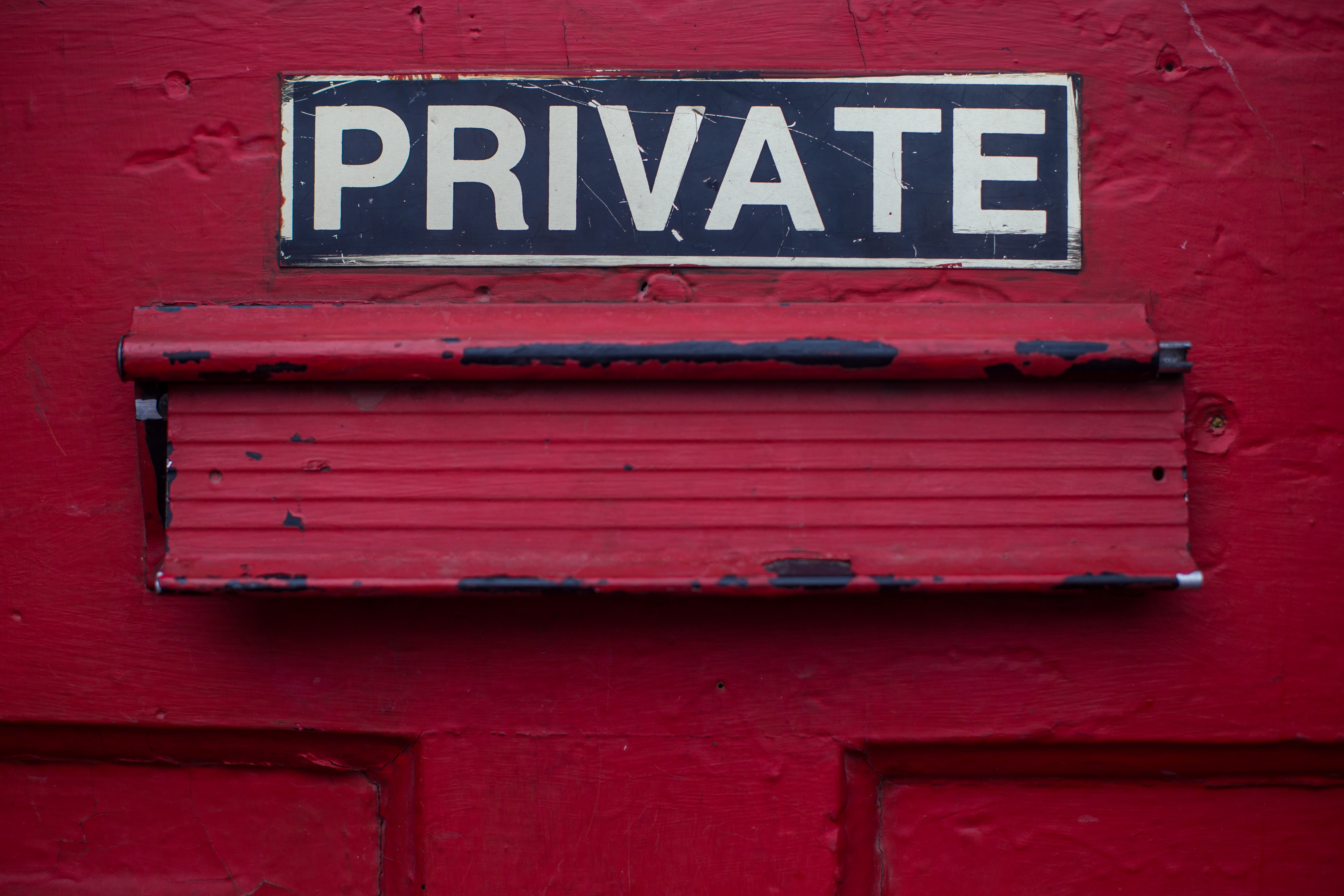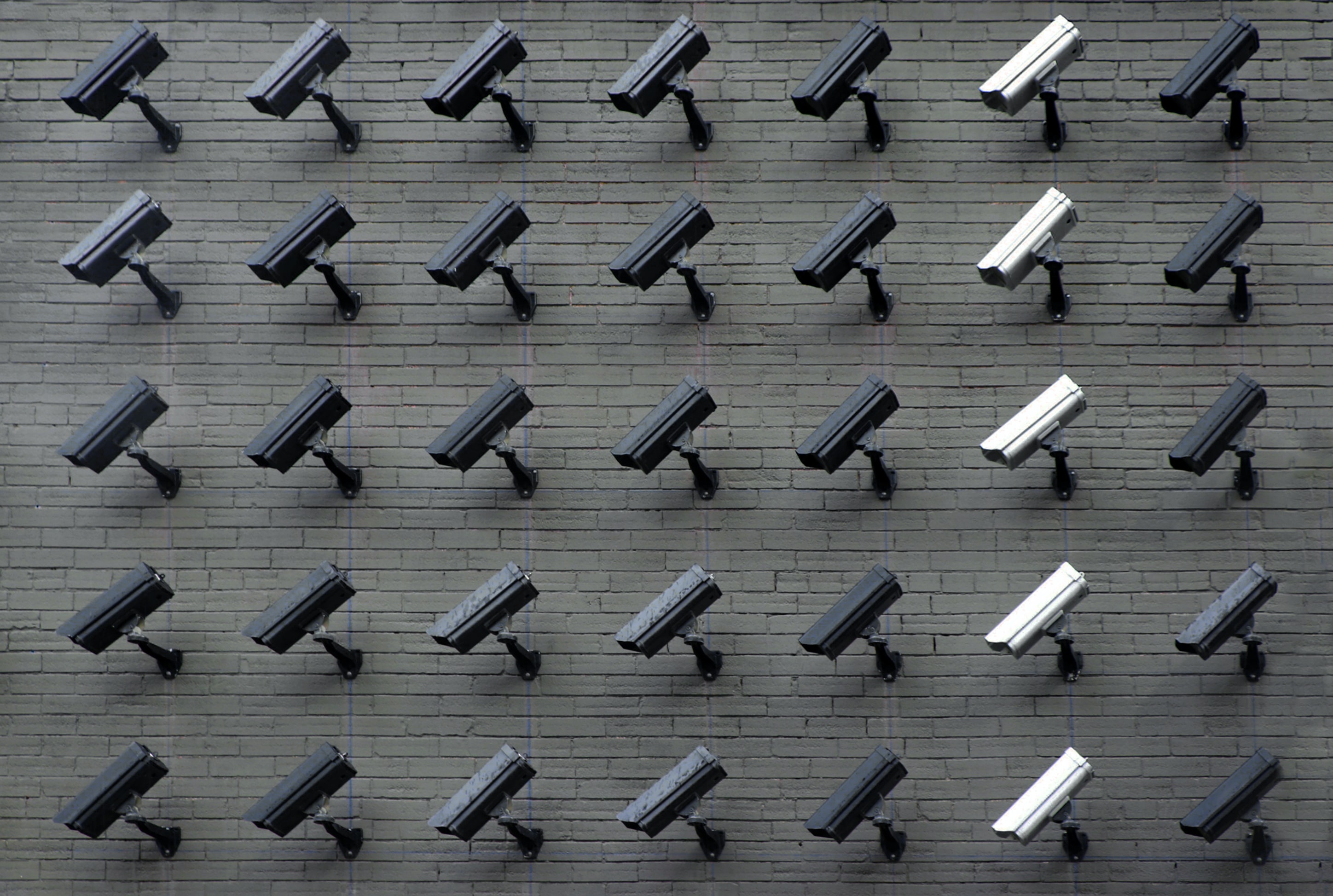
Digital Detox II: Protecting your privacy
Digital Detox II: Protecting your privacy https://www.citizenme.com/wp-content/uploads/2018/04/Screen-Shot-2018-04-09-at-17.28.01.png 2146 1058 Beth Hepple Beth Hepple https://secure.gravatar.com/avatar/8f7fce6d2c6864aa79cc3244d05191f6?s=96&d=mm&r=gIn our last blog we talked about the reasons we might need to have a digital detox and the effect that being always online is having on our day-to-day lives. One major area that is impacted by our ‘always on’ lives is our privacy. Everyday we’re online, our personal data is being stored and used, by massive, data companies such as Google and Facebook, and a whole host of others you’ve probably never even heard of. The apps and platforms that we spend time on siphon our data, store it all up for future use, and often sell it on to third parties without our explicit consent. This controversy has been thrust into the limelight lately with the Facebook and Cambridge Analytica scandal. Millions of people have had their data taken from them without their consent – and Cambridge Analytica aren’t the only guilty parties. The data in question came from online personality tests and such like, but the biggest crime of all is that it wasn’t just users completing these ‘tests’ whose data was being taken, but those of their entire friend lists too.
After the recent scandal hit the headlines, I was asked by a couple of people to help them update their privacy settings on Facebook. This should be easy to do. But it’s not, and the factory settings are designed for you to share huge amounts of your information. Having thousands of Facebook friends may not be something to boast about after all, especially if all of your pals are connecting to apps and firing all your personal data into a silo as a result. Candy crush anyone? No, maybe not?
‘We use your data to create the best experience for you’
Slick user experiences have come to be expected, but the data collected to improve it means it’s easier for us to leave a trail of personal data behind us everywhere we go. The fact is, while we’re busy surfing, companies are busy siphoning. Those likes, shares, page views and reams of other information are being collected, and our online habits detailed, in every which way. It all sounds like the start of a sci-fi movie or a Black Mirror episode, right?
The data that we produce has huge benefits for businesses, the more data we dish out, the better it is for them. The thing is, we receive no return in exchange for companies using the finer details of our lives for their own profit and gain. This is arguably the most important reason for having a digital detox, the less data you produce, the less profit these already super-rich businesses can obtain from us. In 2017, Facebook announced profits of $4.27 billion. Surely it’s about time we stopped letting the big guys cash in on us and started to see some of that cash ourselves? It’s not just us as citizens who are getting little value from all this scraped data either. Companies who use insights to make business decisions are often basing them on masses of this stored data, which is inaccurate and out of date. Plus, our online selves are much different to our real-life selves. Whether we do it consciously or not, we as citizens develop online personae. So if you think with your business hat on, anytime we base our work on this kind of personal information, we’re basing it on someone who isn’t entirely real.
But let’s not be naive and think that just because we have an online persona, we can’t be targeted with propaganda, dodgy ads and fake news. There will still be some traits that you share with your online self and it is easier than you think to get sucked into a bubble of untruth. Think I’m exaggerating? Join the masses of people who have started downloading their data from the likes of Google and Facebook since the Cambridge Analytica scandal was thrust into the limelight. Be as surprised as I was to see messages from 2008, my entire contact list and so on. Everyone needs to feel that internal cringe you have when you read back your old messages in text language ‘IDK cya l8r bbe’. You might even breathe a sigh of relief when you see your messages of recent years which actually contain punctuation, you know, before being horrified that this kind of thing is stored in the first place.
Let’s make them put those harvesters away!
The companies that are responsible for harvesting our data (so the likes of Google, Facebook and Amazon) have been using our data for so long with the current (broken) internet model, that they seem to have forgotten who the data belongs to – us. Whilst the biggest crime of all is the fact that many companies have dodgy privacy policies, and an opt-out instead of opt-in approach, we have fuelled their fire by being online all the time. Of course, that’s not to say we’re to blame, but there are steps that we can take to ensure we don’t leave ourselves open to exploitation. Reducing the amount of time that we spend online means that there is less data to be collected thus creating less opportunity for companies to store our details. In return, this will create the need for better quality data sources, which can provide far more accurate information. Not only is this better for us as humans, it’s also better for us as professionals, a win-win.
If you don’t want to spend less time online, simply clean up what you do online.
We might have talked a lot about spending less time online, but that’s not to say we don’t understand that for some people, spending less time on your devices might not be what you want. If you’re happy with the amount of time you spend online, all you need to do is be clever about your online activity and better manage your devices.
Do an app clear up.
While writing this blog and contemplating my own digital detox, I discovered that I had an astonishing 132 apps downloaded. I use less than half of these on a regular basis, in fact, I probably use less than a quarter. Part of the reason I have so many is the fact that I have a 256GB handset, so I never feel the need to do a clear up. I have around 100 apps on my phone that I don’t use, but they are using my mobile data and my phone data, and I’m sure many of you will be in exactly the same position as me – in desperate need of a major app cull! And when you think about your personal data that can be obtained by apps that your friends use via Facebook et al, it gets a bit mind blowing for all the wrong reasons!
Does our addiction to our devices have an impact on the wider world?
While our personal lives might be affected by the amount of time we spend hooked on our devices, it is also having an impact on the wider world. One thing that the Cambridge Analytica scandal has highlighted is the fact that the way we are targeted online threatens true democracy. Remember in school when you would look with horror at some of the propaganda distributed during war times? That is happening right now, but on a much larger scale. Don’t be fooled into thinking you can’t be fooled! The data we have shared has made us prime targets. The biggest red flags raised have been over Brexit and the election of Donald Trump, but think about all of the other elections that have potentially been interfered with during the three years CA has been active. And let’s not forget about the shell companies they are also operating.
What can you do?
Remember how last time we said there is no such thing as online privacy, just privacy. That fact remains. Familiarise yourself with the upcoming GDPR, especially if you’re an EU citizen. The regulation is about to completely change the way that businesses use our data. From May 25, you will have the right to request the data that companies hold on you, and have it deleted or corrected depending upon the circumstances. Get your drafts ready to send to all the companies that you think might be storing your info.
Update all your settings. This may sound obvious, but don’t just change the top level settings, dig a little deeper, delve into those privacy settings and protect yourself. Don’t make your data public, keep all the juicy details to yourself! Start with your phone and move on to all your other devices. The more you lock down your data, the less at risk you are.
Finally, don’t just update your settings so that you are protected from now. Go back and delete any information that is held on your online profiles that could allow you to be targeted. I removed all permissions of advertisers I didn’t want to use my data to target me and those I’m not interested in. I changed the permissions of apps using my Facebook profile to ensure that the only companies learning about me are the ones I want to learn about me. DON’T JUST DO THIS ONCE. Remember, the more you interact, the more you can be targeted. Set yourself a calendar reminder, do a regular clear up and keep an open mind when it comes to what you’re seeing online.
- Posted In:
- Business blog
- Citizen blog






Leave a Reply